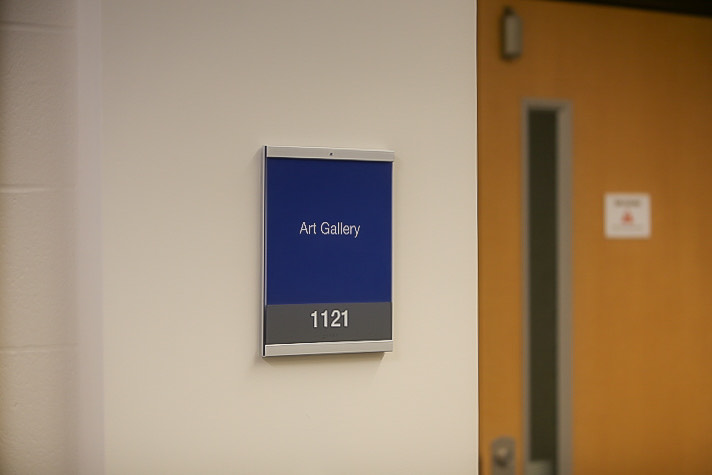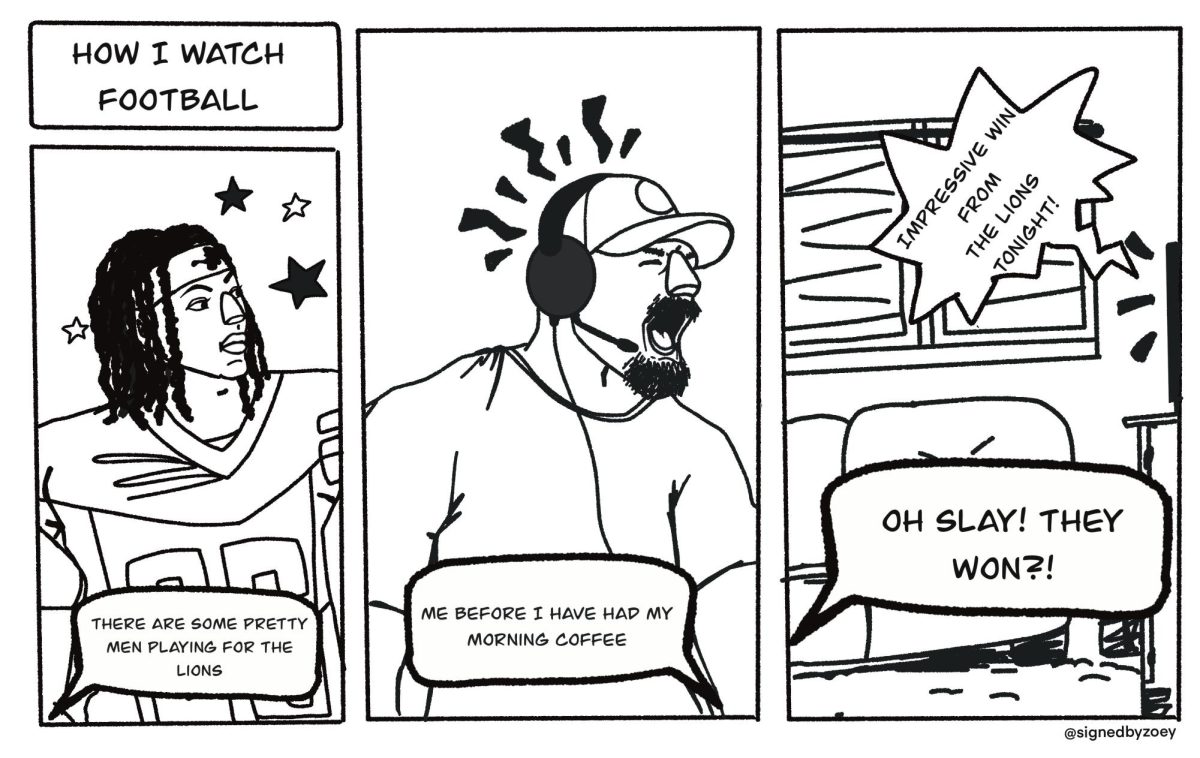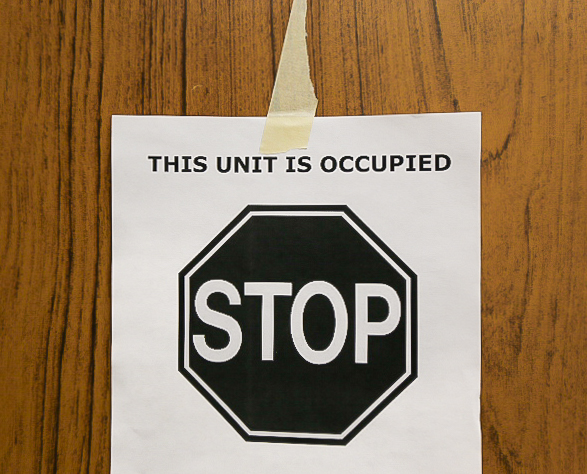Higher expectations
Oct 6, 2010
As officials elected to represent the public, political figures should expect to trade off some of their rights to privacy and personal opinion in exchange for increased transparency and the citizens’ trust.
For about the last six months, Michigan’s assistant attorney general Andrew Shirvell has updated a personal blog bashing current University of Michigan student body president Chris Armstrong for his “radical homosexual agenda.”
Armstrong is U-M’s first openly gay student body president. As a U-M alumnus, Shirvell said his criticism of Armstrong is not a personal attack, but instead stems from wanting to stop Armstrong’s gay ideologies from impacting U-M’s student population. Shirvell’s blog has been removed from the Internet, but existing screen shots of it showed Armstrong’s picture with a rainbow flag and a swastika placed on it. The introduction to Shirvell’s blog called Armstrong a “a RADICAL HOMOSEXUAL ACTIVIST, RACIST, ELITIST, & LIAR.”
As of last Friday, Shirvell took a voluntary leave from his job, though he was not fired for his behavior. His boss, attorney general Mike Cox, said until there was other legal action against Shirvell, he could not fire Shirvell because his comments were made outside of work and protected by the First Amendment.
Aside from the nature of Shirvell’s free speech and the inappropriate content of his blog, the incident raises issues about whether or not public figures should be held to different standards of free speech and other civil rights as compared to private citizens.
Part of being a government official, politician or leader of a significant organization is the publicity of the position. The greater the sphere of impact, the more open a person is to public scrutiny. Less and less about their lives is considered off limits and purely personal.
This transparency is in part due to the expectation that these people speak and act on behalf of private citizens. This is a staple belief of democracy. Constituents have a right to an in-depth view of these public figures because these officials are supposed to represent their best interests.
A government official’s out-of-office actions do matter to their on-the-clock persona. This is not to say public officials should be flawless or have no privacy. But they should expect greater criticism and increased transparency as part of the job.
There are obvious problems with having an outspokenly prejudiced anti-gay assistant attorney general, someone who is supposed to defend justice and the civil rights of others. Less-obvious biases could also interfere with other individuals performing their jobs. When it comes to upholding public policy, citizens have a right to choose their representatives based on the whole picture, in the office and out.

























